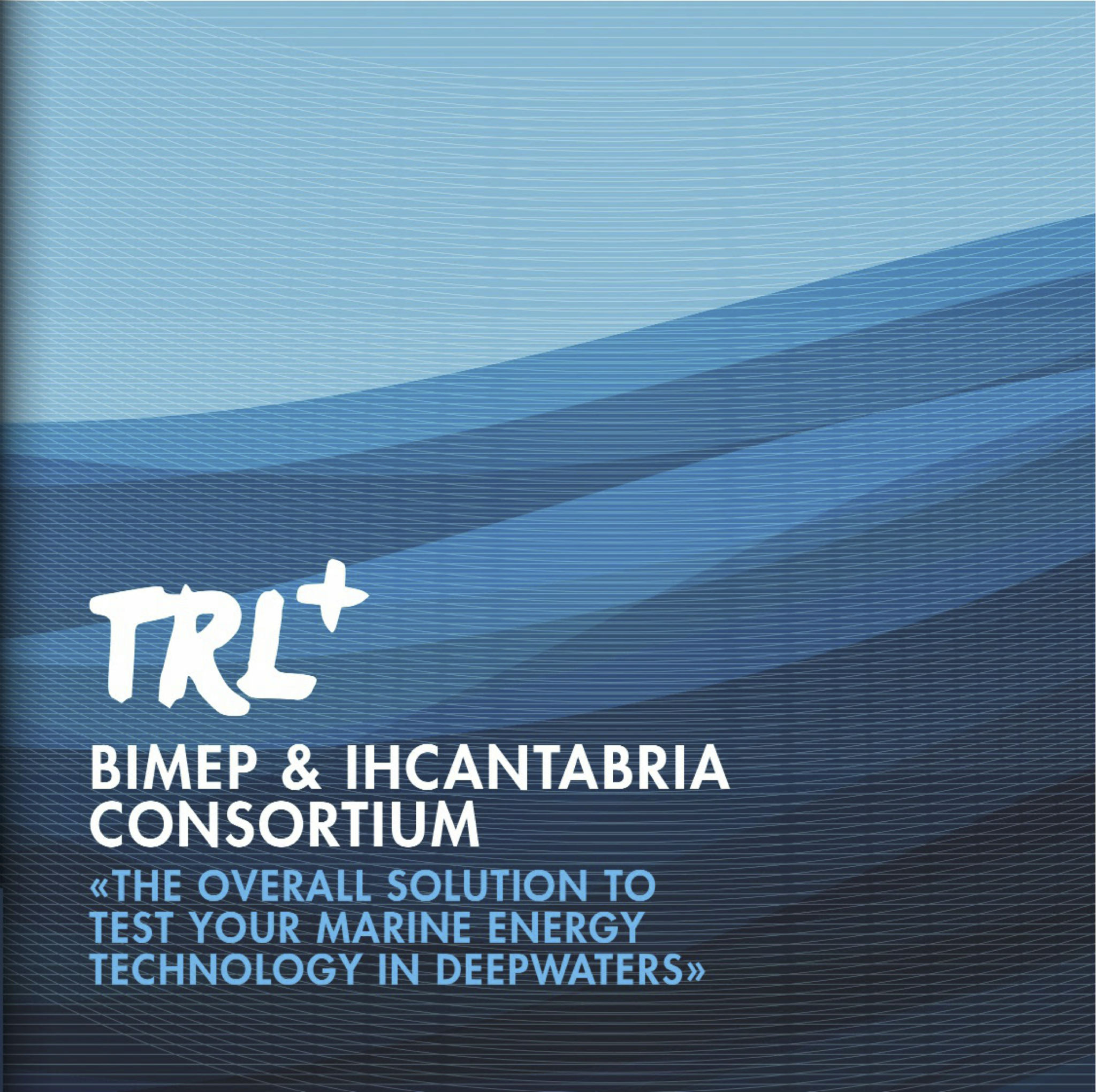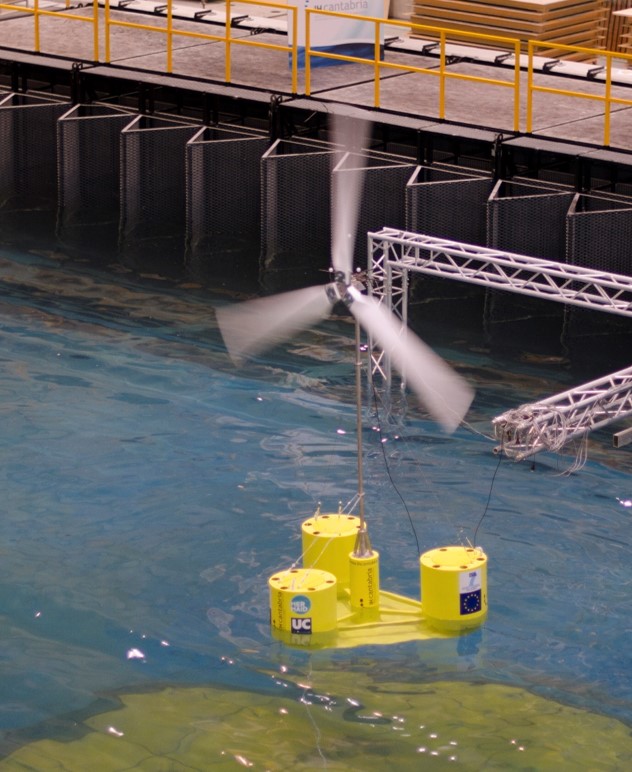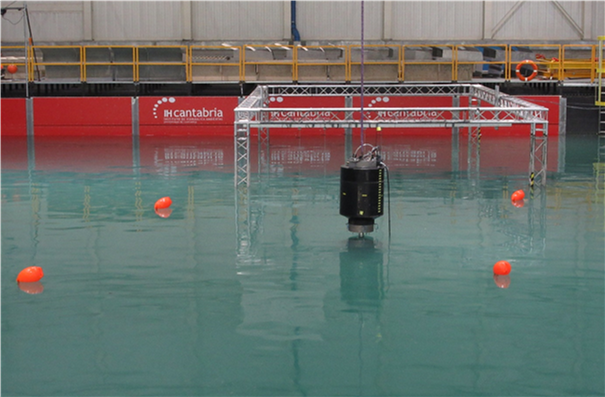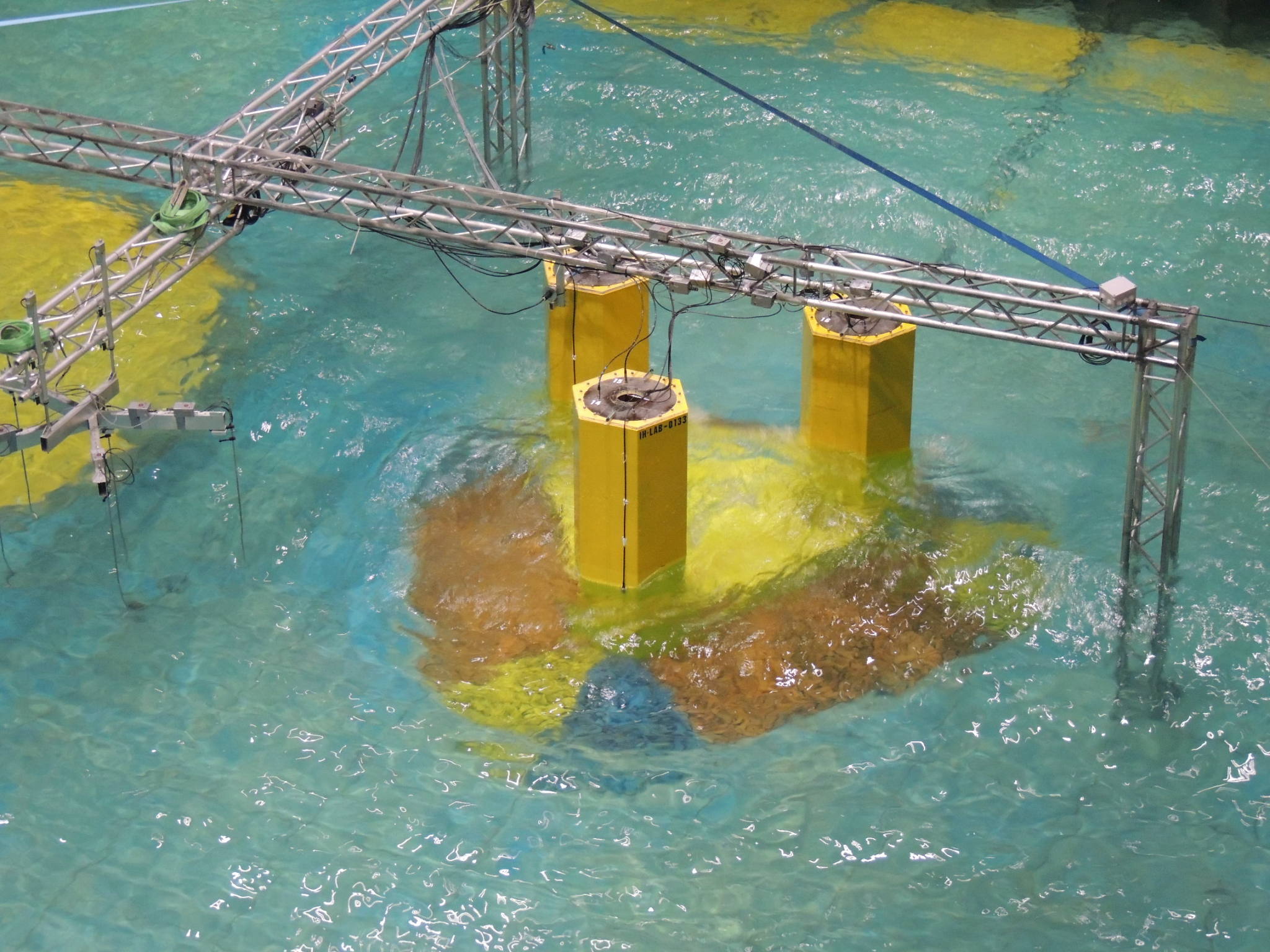
Wave Power
Harnessing wave energy is a challenge for engineering that motivates the activity of thousands of researchers and technologists across the globe.
The current priority of the wave energy sector is to overcome the technical and economic barriers that prevent it from competing in terms of cost with other more mature technologies, such as offshore wind.
At IHCantabria, we have extensive experience in activities aimed at the development of wave energy.
AREAS OF EXPERTISE
experimental and numerical study of innovative solutions designed for the efficient use of wave power
We study of the hydrodynamic behavior of WECs (Wave Energy Converters).
We evaluate WEC performance.
We optimize WEC design to maximize energy production.
We adapt and tune WECs to different meteoceanic scenarios.
STUDY ON INTEGRATING WAVE POWER CONVERSION SYSTEMS INTO MARITIME STRUCTURES
We study of the synergies and limitations resulting from the combination of wave energy conversion with other uses and its impact on the LCOE.
We analyse the technical feasibility analysis of the integration of WECs into multi-use floating platforms (MUP, Multi-Use Platforms), combining energy production uses (waves, wind) with other uses such as leisure activities or to support maritime transport.
We analyse the technicall feasibility analysis of integrating WECs into energy self-sufficient artificial islands.
We analyse the integration of wave energy conversion systems into coastal protection structures.
For the above purposes, at IHCantabria, we have developed an efficient hybrid modeling methodology that combines experimental study and numerical modeling of varying complexity (from simplified models to CFD), in an effort to strike a balance between the resources available and the accuracy required in each of the development phases of wave energy devices.
To date, at IHCantabria we have participated in studying a wide variety of wave energy devices. Notably, it is also once of the centers that has most promoted the development of the Oscillating Water Column (OWC) through the use of new experimental and numerical techniques.
Associations and Consortia
Associations and Consortia
IHCantabria expands its abilities in the field of offshore wind thanks to the TRL+ consortium, formed by IHCantabria and the offshore test area BiMEP. The goal of this consortium is to accompany marine power developers as they take an idea from the concept stage to market, gradually going through the different TRLs.
To do this, it offers the sector Experimental Facilities ranging from channels and tanks for scale testing to a cutting edge testing area.
The consortium carries out activities such as:
- Experimental modeling of innovative offshore wind devices.
- Numerical modeling of innovative devices for offshore wind.
- Development of a virtual test park or virtual twin test farm.
- Historical analysis of meteoceanic conditions conditions through instrumentally calibrated and validated numerical models.
- Prediction of meteoceanic conditions Through instrumentally calibrated and validated models.
-
Development of an expert test wind farm management and decision-making system.
- Design and optimization of marine operations (installation and dismantling, operation and maintenance).
SIGNIFICANT PROJECTS
SIGNIFICANT PROJECTS
ABENGOA WAVE POWER
In the IHCantabria facilities, various innovative wave energy concepts have been subjected to numerous physical tests in order to verify their behavior in the presence of waves and currents, the goal being to identify the most promising devices.
BiMEP Testing Area
TRL+
National research project (RTC-2015-3836-3) funded by the Ministry of Economy, Industry and Competitiveness, where IHCantabria, in collaboration with BiMEP, provides technology services aimed at supporting the development of wave energy converters from the concept phase through marketing.
Learn More
MERMAID
This is a European project (FP7-OCEAN-2011) aimed at developing innovative multipurpose platforms, with a special emphasis on identifying synergies to further the development of wave power.
Learn More
CAPTOW
This is a European Project (Oceanera-net 2016) led by SWIRL Generators, aimed at developing the control system and optimizing the energy production of an innovative wave energy sensor for subsequent testing in open-sea conditions.
IISIS
This is a project funded by CDTI INNPRONTA and developed in collaboration with FCC and Berenguer Ingenieros S.L., intended to conduct integrated research on sustainable islands, where alternatives based on wave energy are studied as a means of energy self-sufficiency for artificial islands.
LET´S TALK
¿Would you like to know how we can help you?
Send me a message. I will get back to you as soon as possible
LET´S TALK
¿Would you like to know how we can help you?
Send me a message. I will get back to you as soon as possible
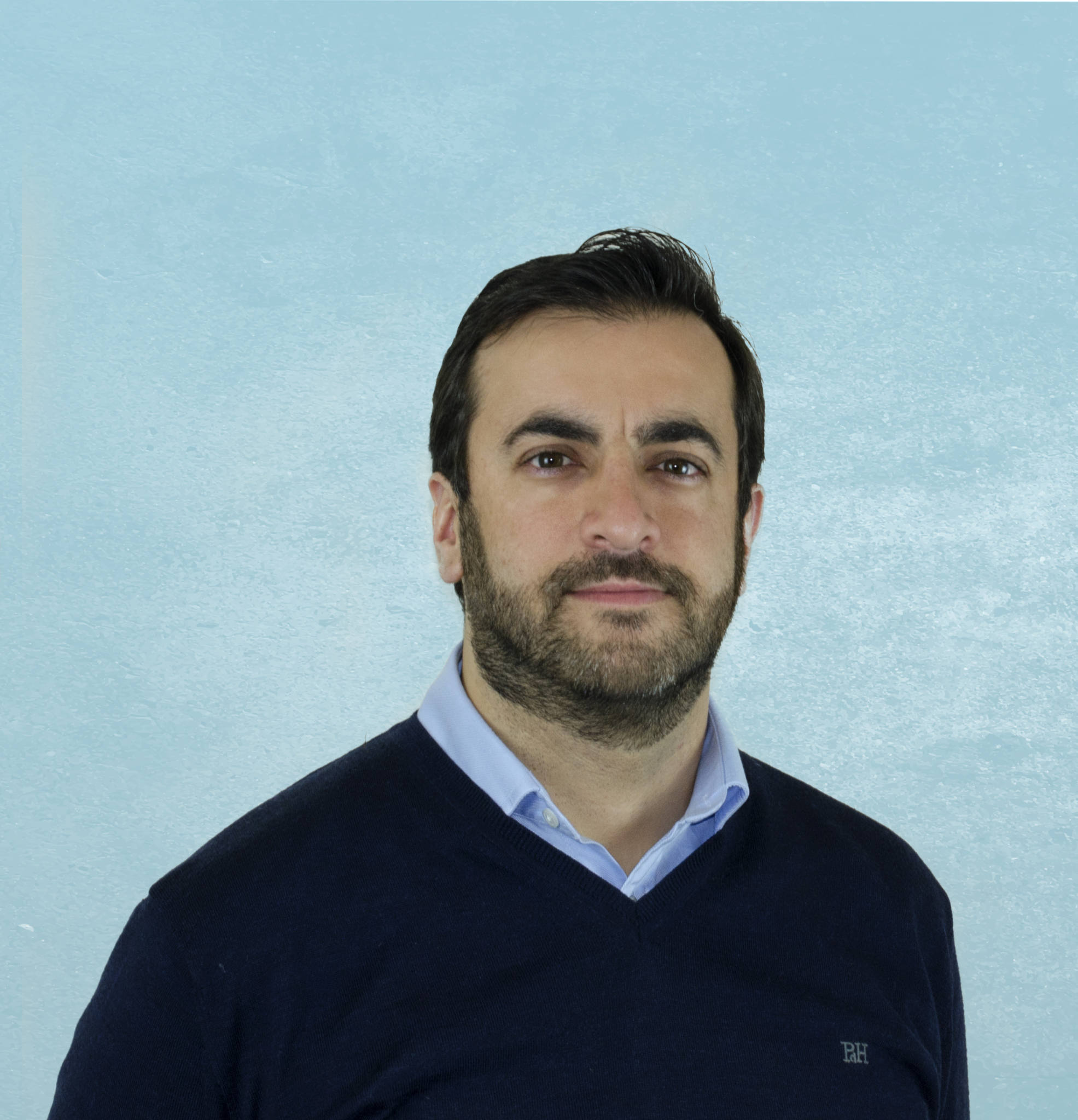
Raúl Guanche García
Researcher || Expert in wave energy
We advise you that your personal data will be processed by FUNDACIÓN INSTITUTO HIDRÁULICA AMBIENTAL DE CANTABRIA, in order to manage your request and maintain professional and commercial relations with you. Your data will not be transferred to third parties. This data treatment is necessary to attend your request. Your data will be kept until you unsubscribe from the service and/or after a reasonable time has passed since we attended to your request. You can exercise your rights of access, rectification, cancellation, opposition, portability and limitation of the processing of your data by contacting the FUNDACIÓN INSTITUTO HIDRÁULICA AMBIENTAL DE CANTABRIA, PCTCAN C/ISABEL TORRES, 15, 39011 SANTANDER (CANTABRIA), or rgpdihcantabria@unican.es with a copy of your ID card duly accrediting your identity. In any situation, you have the right to file a complaint with the Spanish Data Protection Agency (AEPD)
